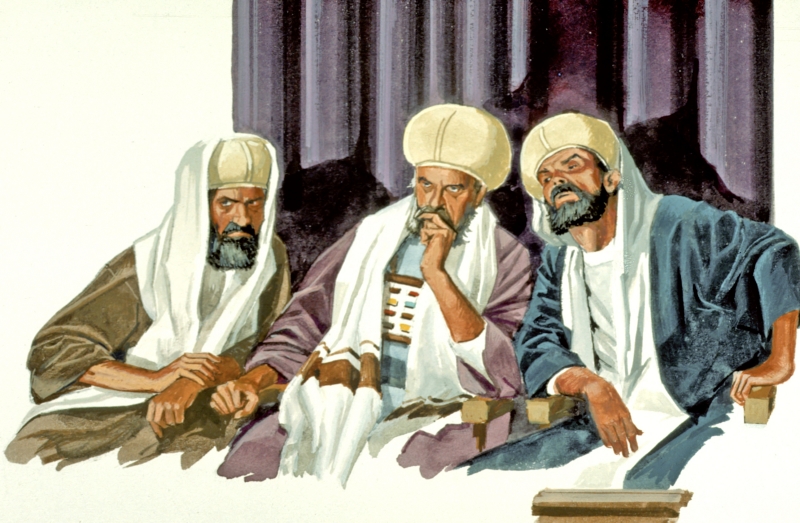
[Turns out I’ve written about contempt several times – if you can set aside some time – you can reference these as well.]
I have a dear friend who differs with me on much of our country’s current politics and policies. However, we continue to be close. Some intentionality in both of us must be at work. No matter who won the elections last week or who’s responsible for the latest government shut-down, whatever our thoughts are on these subjects, our friendship stands. Though our solutions to the ailments of our nation may not align, our hearts resonate with each other. Neither of us holds the other in contempt over these external issues. In fact, conversations with her always increase my understanding of these stressful situations and lead to great compassion for those in the midst of those situations.
This is not always the case in family and friendships.
Some of the postings on my social media in recent days have been riddled with anger “at the other side”, whatever that entails. These are friends in real life. Decent, caring people. However, there seems to be an imperative these days to point out the bad behaviors of others, those considered political enemies. Not just behavior but character. One side devaluing the other. Anger, maybe even righteous anger in the beginning, too often progresses to disgust, or worse contempt.

Photo Credit: Heartlight
Anger is a negative emotion that confronts an action/behavior of another (peer or peer group). Contempt takes anger to a lower, darker place. Contempt demonstrates superiority as it simultaneously dismisses and devalues the other person or group, seeing her/them as inferior. It dehumanizes.
“Anger and contempt are the twin scourges of the earth, these bitter emotions form the poisonous brew in which human existence stands suspended. Few people ever get free of them in this life, and for most of us even old age does not bring relief. To cut off the root of anger is to wither the tree of human evil.” – Dallas Willard, The Divine Conspiracy p. 151

Photo Credit: Psychology Spot
It’s slow going, but I am learning not to allow contempt to gain space in my mind and heart. Like other negative emotions, contempt doesn’t only poison relationships but it poisons the mind of the one who entertains contempt.
John Murdock writes on this subject:
“Willard argued that in the Sermon on the Mount, Jesus was not just pulling marbles from a bag, presenting individual gems of wisdom that could be considered independently. Instead, the order of the presentation mattered greatly. “It is the elimination of anger and contempt,” he asserted, “that [Jesus] presents as the first and fundamental step toward the rightness of the kingdom heart.”
Conversely, today it is the systematic elevation of anger and contempt that is often rewarded across the political spectrum.”
Then, yesterday, we had this incredible teaching on anger and forgiveness at Movement Church. Pastor Cliff powerfully preached on Matthew 5:21-24:
“You have heard that it was said to those of old, ‘You shall not murder; and whoever murders will be liable to judgment.’ But I say to you that everyone who is angry with his brother will be liable to judgment; whoever insults his brother will be liable to the council; and whoever says, ‘You fool!’ will be liable to the hell of fire. So if you are offering your gift at the altar and there remember that your brother has something against you, leave your gift there before the altar and go. First, be reconciled to your brother, and then come and offer your gift.”
Cliff talked about how God’s law has affected morality across the world – most of us get through life without murdering anyone. However, Jesus revealed how, if unchecked, our thoughts and words (be they face-to-face or written in social media) can have murderous impact.
We may think we’re doing the world a good service by pointing out the wrong thinking and actions of others. However, if we lack care for them, if we lack compassion or love, our words draw deep lines dividing us. Tall, thick impenetrable walls between us. And, God forbid, we don’t even care? I’m asking.
Jesus pointed to anger and contempt as deterrents to worship. If we care about being right with God, then we have to confront our part in being wrong with people. We may feel offended and then justified in our reaction to another person/group’s behavior, but acting in anger or contempt hurts everyone involved. Everyone.
One day, maybe our culture will shift to being more kind and long-suffering with each other. Being curious, seeking to understand, leaning in rather than being repelled. Until that day, or if that day never comes, what kind of person do I want to be? What do I want to practice in front of my family…my friends, my neighbors…even my enemies?
What is Contempt? An Intense Feeling Under a Mask of Coldness – Psychology Spot – an extremely helpful resource
Monday Morning Moment – Contempt Revisited – Deb Mills
Moving Beyond Chronic Resentment and Anger in Relationships – Steven Stosny, Ph.D.
Monday Morning Moment – Contempt is Cancer in the Workplace…and Any Other Place – Deb Mills
Disdain, Dallas Willard, and Donald Trump – John Murdock

Photo Credit: Heartlight






 Photo Credit:
Photo Credit:



















